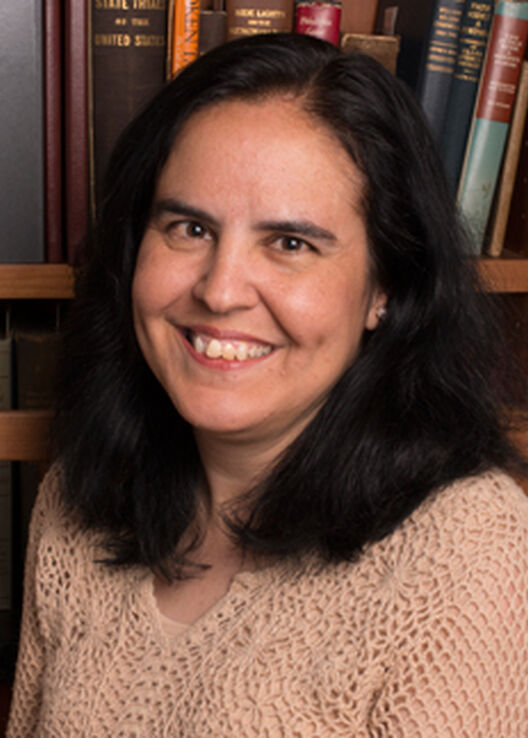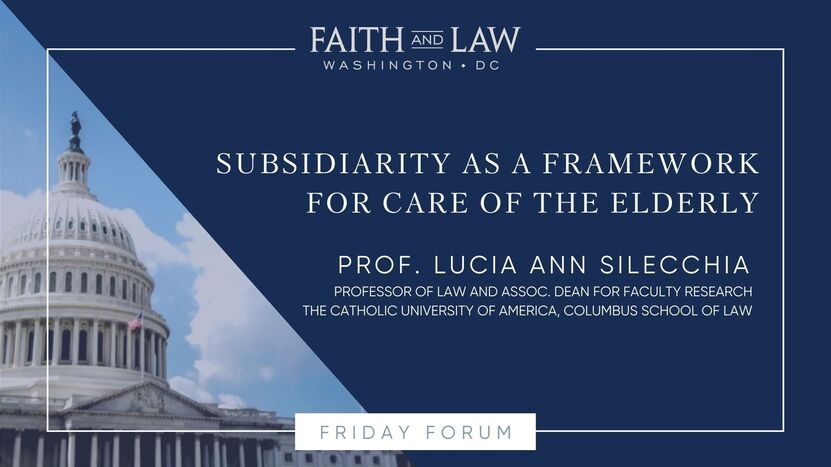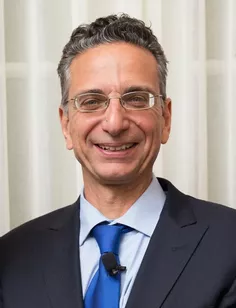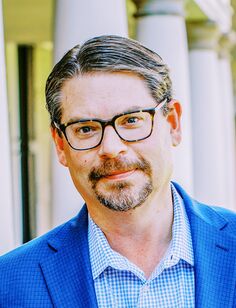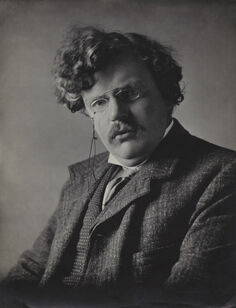Subsidiarity as a Framework for Care of the Elderly
In the United States – and, indeed, around the world – changing demographics reflect a steadily aging population. As families grow smaller and more far-flung and as care costs escalate, conversations about elder care are complex and, often, heart breaking. While it is often tempting to view the past through an all-too-rosy lens, in the past it was generally presumed that care of elders was a family obligation as part of an unwritten compact between generations.
Today that is less often the norm. Yet, at the same time, the expressed preference of most is to be cared for at home and by family members. Public policy makers who navigate this complex arena have decisions to make as to whether our polices should be viewed as a way to replace the care once provided by families, as a scheme to assist families in providing this care, or a blend of both.
This talk will discuss the ways in which subsidiarity can be a critical part of these conversations. Subsidiarity proffers that needs be met at the proper level – the lowest capable of offering an effective response and the highest necessary to do so. Because this principle has obvious implications for the role and reach of government, subsidiarity’s legal, economic, diplomatic, and practical consequences garner much attention. However, this doctrine also has implications for the ways in which families meet the needs of vulnerable elders in their midst. Certainly, the way a policy-maker broadly views the obligations of individuals, families, intermediary institutions, and government can shape the answer to this question. However, it is a particularly urgent question in addressing the specific needs of the elderly. This talk will reflect on such questions as:
- Can anything replace the personal love of family members for the elders in their midst?
- How can intermediary institutions can be more effectively engaged to assist families?
- Does a substantial role for government diminish incentives for families to care for loved ones? Conversely, can an expanded government role be a public expression of support for families? Could both be true?
Lucia A. Silecchia, JD, is Professor of Law and Associate Dean for Faculty Research at The Catholic University of America’s Columbus School of Law in Washington, DC where she has taught since 1991. She is a member of the bars of New York State, Connecticut, the District of Columbia and the Supreme Court of the United States. Professor Silecchia received her JD degree from Yale Law School and her BA degree summa cum laude from Queens College (CUNY). Prof. Silecchia teaches and writes in the areas of elder law, Catholic social teaching, property and ecology.
She is a Faculty Fellow at Catholic University’s Institute for Human Ecology and is a member of the advisory board for the Center for Law and the Human Person at the Columbus School of Law. She was a founding director of Catholic University’s International Human Rights Summer Law Program in Rome, taught in Catholic University’s cooperative programs at Jagiellonian University in Krakow, Poland and lectured in Lisbon, Portugal as part of Catholic University’s U.S.-Portuguese Law Initiative at the University of Lisbon. She has provided expert assistance to the Permanent Observer Mission of the Holy See to the United Nations on matters pertaining to elderly persons, persons with disabilities, and ecology. Since 2019, Prof. Silecchia has been the author of “On Ordinary Times,” a bi- weekly column for diocesan newspapers across the country. She frequently provides commentary to television, radio and print media outlets on matters related to religion, environmental ethics, elder law, and Catholic social thought. Her academic publications may be found at https://papers.ssrn.com/sol3/cf_dev/AbsByAuth.cfm?per_id=625430
